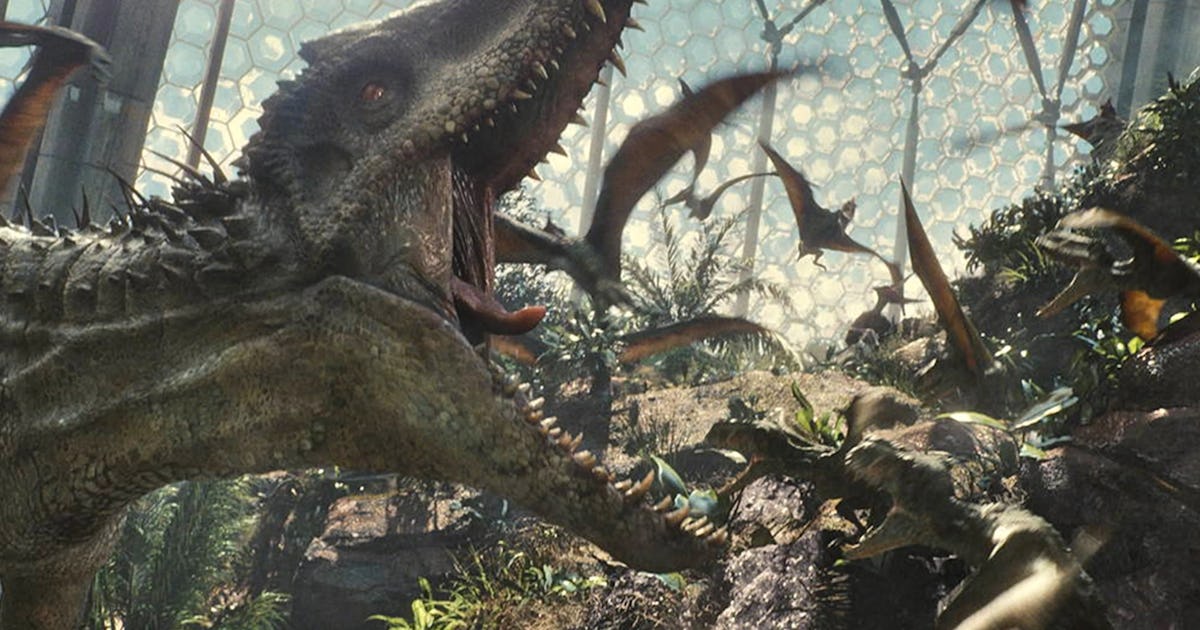
"Jurassic World merely exists to remind audiences of the original, lacking the depth, excitement, and human stakes that made Jurassic Park memorable."
"The film's primary motivation seems to be monetary, reflecting Hollywood's current trend of nostalgia without innovation, prioritizing box office returns over storytelling."
Jurassic World marked a significant cultural moment by reviving the Jurassic franchise but did so by largely relying on nostalgia rather than innovation. Released in 2015, the film broke box office records yet offered little depth or complexity compared to its predecessor, Jurassic Park. It disregarded the established consequences of co-existing with dinosaurs, simplifying motivation to money without exploring deeper themes. The film serves as an example of Hollywood's ongoing struggle to balance art and commerce, often prioritizing financial success over substantive storytelling, which resonates with viewers through familiar references rather than new ideas.
Read at Inverse
Unable to calculate read time
Collection
[
|
...
]